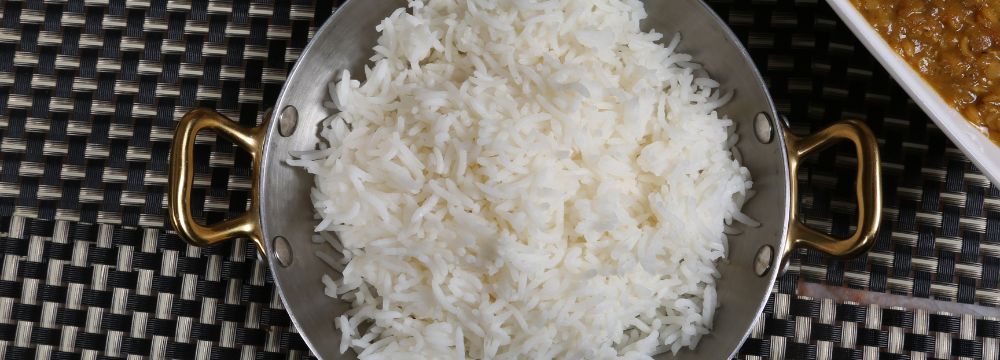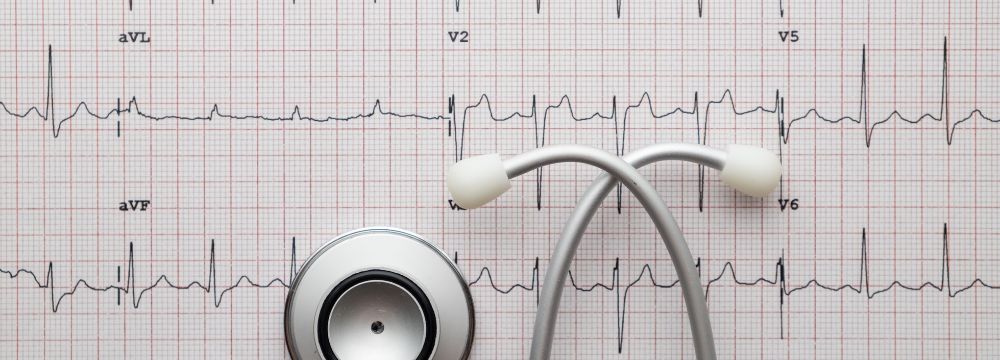Diet

The concept of metabolic adaptation is relatively new and replaces previous theories about set points. Ultimately, as we’ve learned more about how the metabolism works, we are learning more about why it is difficult to lose weight and why we often lose weight quickly early on, but that weight loss begins to slow over time.
To fully understand the concept of metabolic adaptation, however, it is also important to discuss the flawed theory of a slowing metabolism as we age. To be sure, the metabolism does eventually slow as we age. However, when this slowdown begins, is far later than we once thought. A slow metabolism will be different in every patient. However, it is well into middle age before our metabolism slows to the degree that we have difficulty losing weight.
Metabolic adaptation, on the other hand, is the metabolism’s reaction to our caloric intake requirements. The simple fact is that as we lose weight, our caloric needs also drop. There is a common misconception that a caloric deficit at your weight now is also a caloric deficit when you lose ten or even 15% of your body weight. This is simply not the case. Your caloric needs reduce in tandem with your weight loss.
What Does This All Mean?
Ultimately, the concept of metabolic adaptability means that the metabolism will burn fewer calories as we lose weight, and as such, we need to lower our caloric intake over time. It is not easy to fully understand our caloric needs, but there are plenty of calculators you can find on the Internet that can estimate your caloric needs as you shed pounds. Further, you can let your body guide you. Stay hydrated so your mind does not mistake thirst for hunger. Also, eat slowly and track your calories. If you have reached a weight plateau after dieting for a while, you can probably estimate your caloric maintenance requirement with reasonable accuracy.
Every time you lose a significant amount of weight, somewhere around 3 to 5% TBW, you will need to reevaluate your caloric intake and likely find that the requirements have decreased significantly. By adjusting what you eat and when you eat it, you should be able to continue your weight loss or maintain your new lower weight without too much trouble.
Of course, many other factors go into your weight loss, not least the amount and type of exercise you perform daily. While you may be thrilled with your weight loss progress, the way to keep it off and burn more calories even at rest is by exercising. Proper exercise includes high and low-intensity cardiovascular training and, possibly even more importantly, strength training. One of the concerns that we always bring to our patients’ attention is the loss of muscle mass. Yes, you may be losing weight, but where is that weight loss coming from? Your fat stores or your muscles?
Ultimately, the concept of metabolic adaptability is just that – a concept. Improving your lifestyle by exercising more and reducing stress, quitting smoking, and slowing your drinking does wonders for your weight. Similarly, appropriate diet and caloric intake make a huge difference. Trust the advice you receive from our practice, as this has been developed and refined over thousands of bariatric patient journeys. We know what works best for most and can help you with any specific needs he may have.









